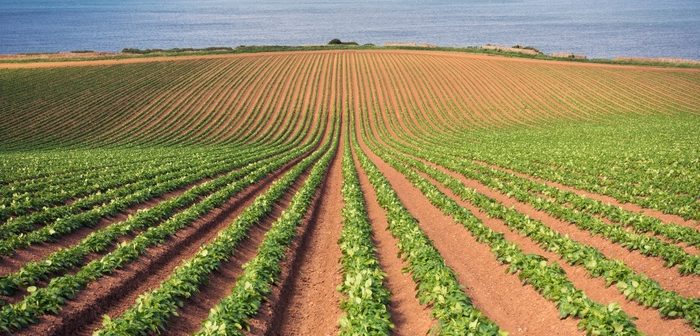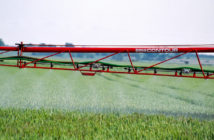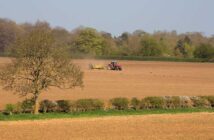At the joint conference and AGM, hosted by the Central Association of Agricultural Valuers (CAAV), the overriding focus was farm business efficiency and how farmers can remain viable alongside climate change pressures.
Speakers at the event said that they were becoming more climate aware, but felt that they needed more information on what exactly needed to be done and where.
Jason Jordan, director of the 4,860 ha Knowsley Estate, said: “We may want to look at biodiversity net gain – but what we don’t want is to commit only to find out later it wasn’t the right decision.”
Charlie Ireland, managing partner at Ceres Rural, said that any decisions to take land out of agricultural production needed to be carefully considered and that opportunities could be missed if habitat and soils are considered separately.
“Agriculture emits 10% of greenhouse gases,” Mr Ireland said, “but its ability to also sequester carbon can be used as a means to top up income which may be of interest to some businesses as BPS falls off.”
“Companies like Agreena and Trinity Capital are paying farmers not for results but on a production system basis, valuing carbon at £30-£60 ha depending on the level of intensity, or extensivity of the system – lower cultivations and regenerative systems. It is important to weigh the impact on productivity and businesses need to be aware of this.”
Across the conference, there was also a broad focus on the need for a standard measurement tool for carbon sequestration. With many speakers coming to the conclusion that a standardised measurement system would increase a business’ confidence and understanding of the carbon market – thus increasing the number of business’ entering it.
NFU vice president, Tom Bradshaw said too much time is spent on debating which carbon calculator to use. “With ELMs the government needs to incentivise the uptake of carbon calculation and back one, two or three credible mechanisms. When it comes to soil organic matter there are two different tests with widely ranging organic matter levels: we need a standard protocol.”
However, CAAV secretary and adviser Jeremy Moody questioned how much value carbon actually has when for sale. He instead proposed that farmers would be better off holding onto carbon for their own net zero progress: “helping someone else be net zero will not help the farm,” said Mr Moody.
‘To be net zero by 2050 is a very challenging target’, Mr Moody continued. He then concluded: “The UK has done the easiest 40% better than most countries and with little effect on the public and ways of life. But it will get harder from now on, and it will be better and cheaper to tackle it in a planned way.”




